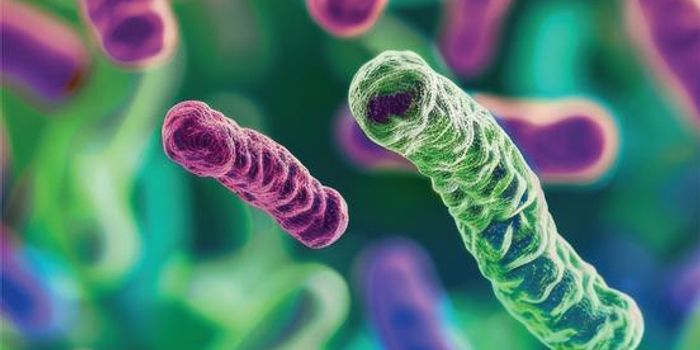Drinking Tea Linked to Better Heart Health
Researchers from the Chinese Academy of Medical Sciences in Beijing have found that drinking black or green tea three or more times per week helps improve cardiovascular health.
In their study, the researchers analyzed associations between tea consumption and atherosclerotic cardiovascular disease morbidity and mortality, alongside all-cause mortality among Chinese adults. Monitoring 100,902 people from 15 provinces in China since 1998, they classified the participants into two groups: those who drank tea habitually (three or more times per week) and non-habitual drinkers (consuming tea less than three times per week).
Following each participant for a median of 7.3 years, they collected information on their tea consumption using surveys, then comparing this data to medical records also collected throughout the period. In the end, they found that more frequent tea drinkers were more likely to stay healthier over longer periods of time.
In particular, they found that tea drinkers were 20% less likely to develop heart disease and stroke, as well as 22% less likely to die from heart disease and stroke, and 15% less likely to die from any other cause.
More than this, they also went on to analyze a subset of 14,081 participants to understand the potential influence of changes in tea-drinking behavior. They said, “Habitual tea drinkers who maintained their habit in both surveys had a 39% lower risk of incident heart disease and stroke, 56% lower risk of fatal heart disease and stroke, and 29% decreased risk of all-cause mortality compared to consistent never or non-habitual tea drinkers.”
So why is this- why does tea consumption correlate with better cardiovascular health? Some say that these results may be the result of the presence of organic compounds known as polyphenols in tea. Found more frequently in green tea than black tea, Dr. Guy L. Mintz, director of cardiovascular health and lipidology at Northwell Health’s Sandra Atlas Bass Heart Hospital in New York, said, “These benefits include improvement in function of the blood vessels, more dilating and less constriction...These compounds can also increase good cholesterol, which is also cardiac protective. These compounds also have a reduction in inflammation and makes our platelets, clotting factor, less sticky.”
Sources: Healthline, SciNews and New Atlas









